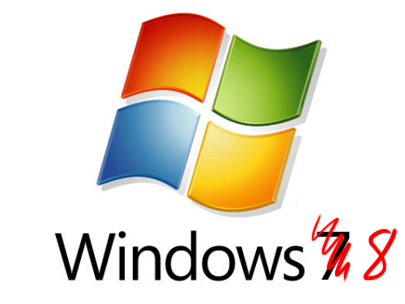As time goes on, we're discovering more and more interesting features of Windows 8, as Microsoft announces them. One of the latest innovations that they've released a video on is the ability to migrate user customized desktops using your Windows Live ID. You simply sign in with it, and it will migrate all of your settings, app data, etc. to the system you are using. Below is a video from Microsoft, demonstrating just this.
*All credit for this video goes to Microsoft, and the Windows 8 Team.
Compsult Inc. had no part in the creation of this video.
*All credit for this video goes to Microsoft, and the Windows 8 Team.
Compsult Inc. had no part in the creation of this video.





